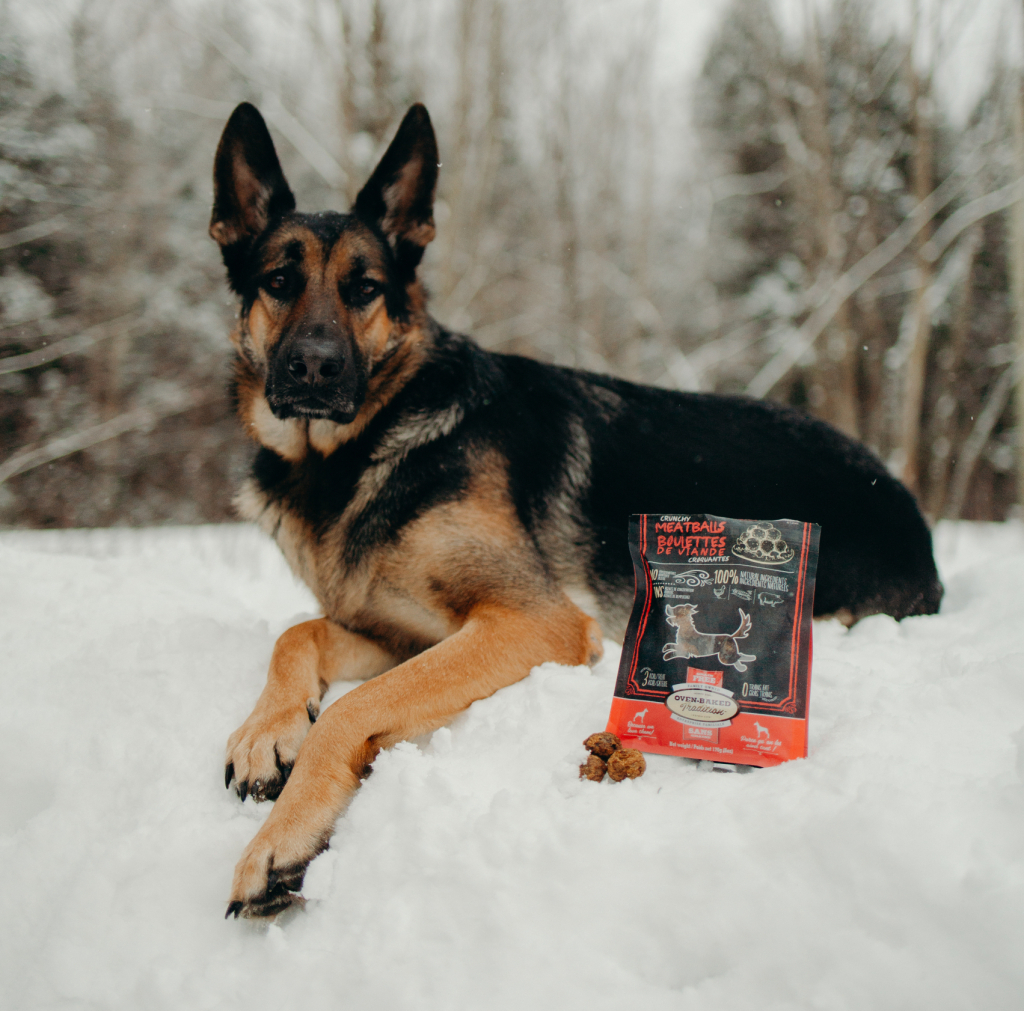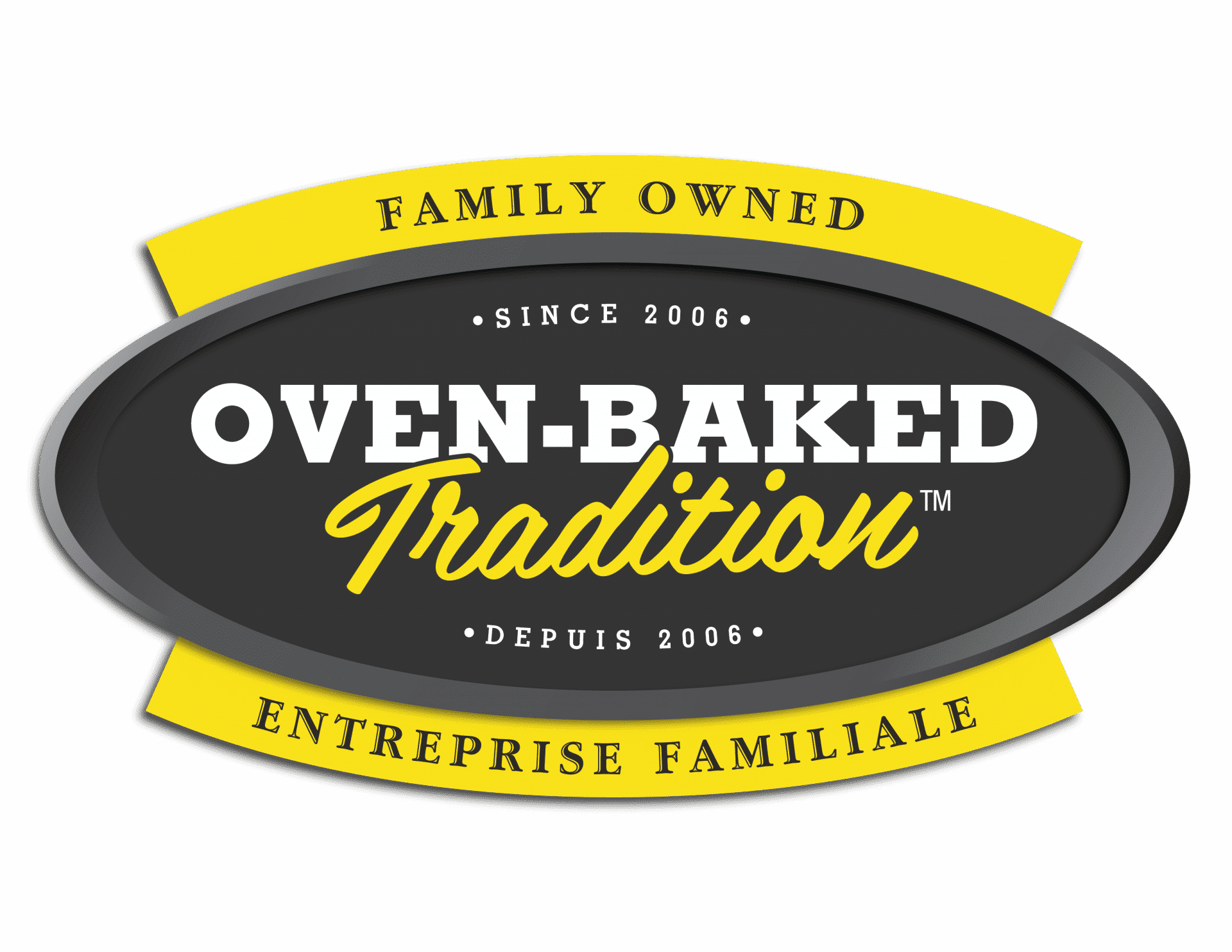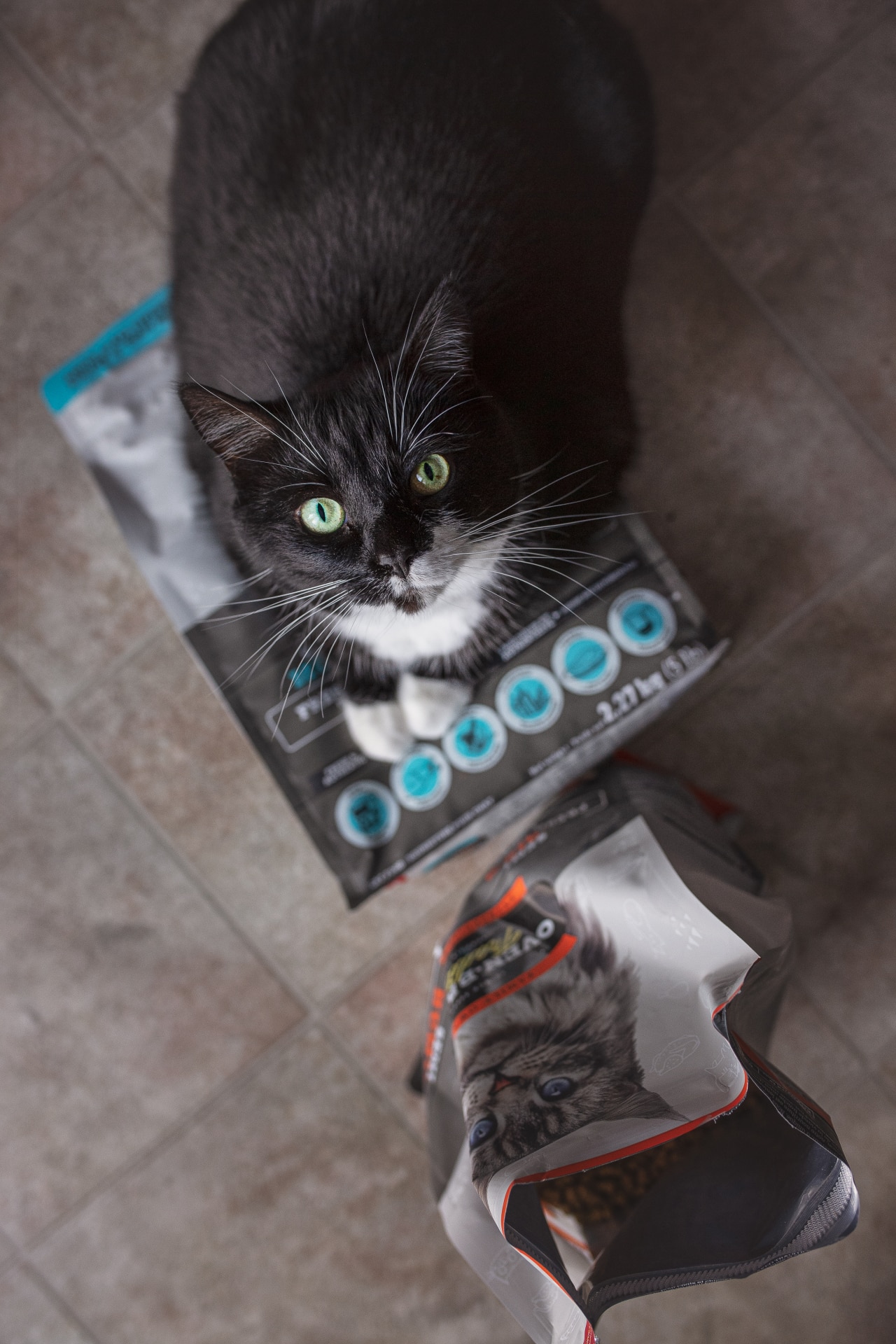How Excess Weight in Dogs and Cats Increases the Risk of Diabetes
Did you know that obesity is now one of the most common health issues in pets? And that it’s directly linked to the development of diabetes? Not exactly the kind of topic we love to bring up while sipping coffee with Fido or Whiskers curled up at our feet, but it’s a reality that’s affecting more and more of our furry friends. Our four-legged companions have fully embraced the perks (and let’s be honest, a few of the indulgences) of modern life such as extra treats, fewer walks, and “love-filled” portions that are sometimes just a little too generous. The result? The same health challenges we face, only in smaller, furrier versions.
This November, as we celebrate both Diabetes Awareness Month and Senior Pet Month, it’s the perfect time to talk about a duo we’d all rather keep apart: obesity and diabetes in dogs and cats.

When the pounds start to pile on!
A little extra fluff might look cute but those few extra pounds can seriously impact your pet’s health. According to the “Canadian Veterinary Medical Association” (CVMA), between 50% and 60% of dogs and cats in Canada are overweight or obese.
And it’s not just about looks. Obesity puts real strain on your pet’s joints, heart, liver, and even their immune system. It also disrupts how the body manages glucose, opening the door to diabetes, a condition that’s much easier to prevent than to treat.
The link between obesity and diabetes
Diabetes happens when the body can no longer properly regulate blood sugar levels. In dogs, it’s often similar to type 1 diabetes in humans, the pancreas simply doesn’t produce enough insulin. In cats, it’s more like type 2 diabetes, which develops when the body becomes resistant to insulin and that resistance is frequently linked to excess weight. For cats, the more pounds they gain, the harder their body has to work to produce insulin until one day, it just can’t keep up anymore.
Signs to watch for
Early detection can truly change the course of the disease. The signs of obesity and diabetes in pets can be subtle, but they deserve your full attention. If your cat or dog seems constantly thirsty, asks to go out more often to urinate, or is losing weight despite a healthy appetite, it’s time to take a closer look. Unusual fatigue, a dull or greasy coat, or recurring urinary tract infections (especially in cats) are also red flags you shouldn’t ignore.
These symptoms may seem harmless at first, but together, they tell a story. One of a metabolism that’s struggling and needs a little help. If you notice any of these signs, don’t wait until “you have time” to book that vet visit now. Your furry friend will thank you later!

Risk factors
Obesity and diabetes don’t just appear out of nowhere. Several factors often working together can increase your pet’s risk. One of the biggest culprits? Lack of exercise. Our pets are spending more and more time indoors, lounging on the couch while we work. But their need for activity hasn’t gone away! Even during the cold season, there are solutions to keep their activity level up: discover our practical tips in the article “How to enjoy winter with a dog who doesn’t like the cold?”.
Spaying or neutering, by slowing down metabolism, can also lead to weight gain. And of course, age plays a role too. The older the pet, the harder it becomes to maintain a healthy weight. Certain breeds, such as Labradors, Beagles, Schnauzers, and Burmese cats, are genetically more prone to weight gain.
Some hormonal disorders or long-term medication use can also disrupt glucose metabolism. In short, a pet’s weight isn’t just a “kibble issue.” It’s the result of a mix of habits, life stages, and everyday choices.
The role of nutrition
That’s where it all starts and often, where everything can change. A natural, well-balanced diet tailored to your pet’s age and activity level is the first line of defense against excess weight. At Oven-Baked Tradition, we believe that good health begins with simplicity: natural ingredients, slow oven baking to preserve nutrients, and balanced recipes designed for your pet’s overall well-being.
Our weight control formulas for cats and dogs are carefully crafted to reduce fat without cutting back on protein, helping maintain lean muscle mass while keeping pets feeling full longer thanks to natural fibers. Omega-3 and Omega-6 fatty acids support healthy skin and a shiny coat and, as always, you’ll never find artificial preservatives or colors in our recipes.
The secret? Oven baking. It makes each kibble richer in nutrients, so your dog or cat eats less, but better.

How to prevent obesity
Prevention is a bit like a good workout plan, the earlier you start, the easier it gets. First, watch those portions. Our eyes and our measuring hands tend to be overly generous. A simple measuring cup can make a big difference.
Then, get moving! Even a short daily play session helps keep your pet’s metabolism on track. A ball, an interactive toy, or a quick neighborhood walk can work wonders.
As for treats? Of course, they’re part of the fun but just in moderation. They should make up no more than 10% of your pet’s daily intake. And while you’re at it, why not choose a healthy treat that supports overall wellness? (Yes, that’s a thing!)
Finally, encourage hydration. Water helps regulate appetite and supports kidney function especially important for cats.

And when diabetes enters the picture
A diabetes diagnosis doesn’t mean the end of tail wags or cozy purrs. With the right diet, careful weight management, and regular veterinary follow-ups, many diabetic pets go on to live long, happy, and active lives.
In these cases, food should have a low glycemic index to help prevent blood sugar spikes. Think lean proteins, fiber, and a consistent feeding routine such as meals served at regular times, often aligned with insulin administration.
Slowly oven-baked kibbles are a real advantage here as they’re easier to digest and provide a steady energy release. A major plus for managing diabetes.
Cats: Little carnivores, big risks
Our feline friends are true gourmets but also professional nappers. Their sedentary lifestyle makes them especially prone to obesity. Their hunting instinct may have taken a back seat, but their appetite never retired!
A diabetic cat needs a diet rich in animal protein and low in carbohydrates. Oven-Baked Tradition’s grain-free recipes, made with fish or duck, are an excellent option promoting a balanced metabolism and healthy weight, without sacrificing taste or satisfaction.

Dogs: A special note for large breeds
In dogs, the risk of excess weight increases with size and age. Large breeds often need extra joint support, along with a diet that matches their energy levels. Oven-Baked Tradition’s large breed formulas are designed with these needs in mind. Enriched with glucosamine, chondroitin, natural fibers, and highly digestible proteins to combine vitality with lasting fullness. The goal isn’t to restrict, but to balance. Every kibble becomes a bite of health, not just another calorie.
The importance of veterinary follow-ups
A good scale never lies, especially when you use it regularly. Monthly weight checks, combined with routine veterinary visits, help adjust your pet’s diet before small issues turn into bigger ones.
A slight weight change may seem harmless today, but over time, it can mean the difference between a vibrant, active pet and a sluggish, tired one. Your veterinarian is your best ally for monitoring blood sugar, body condition, and evolving nutritional needs.
Feed better, live better
Obesity and diabetes are not inevitable in their lifestyle-related conditions, which means they can be prevented. Every walk, every measured portion, every shared play session is a quiet victory for your pet’s health.
At Oven-Baked Tradition, we believe that health starts in the bowl. Simple, natural recipes, slowly oven-baked, provide nutrition that respects your pet’s real needs and natural rhythm. Because, at the end of the day, loving your pet also means taking care of their health the way it should be, one kibble at a time.

